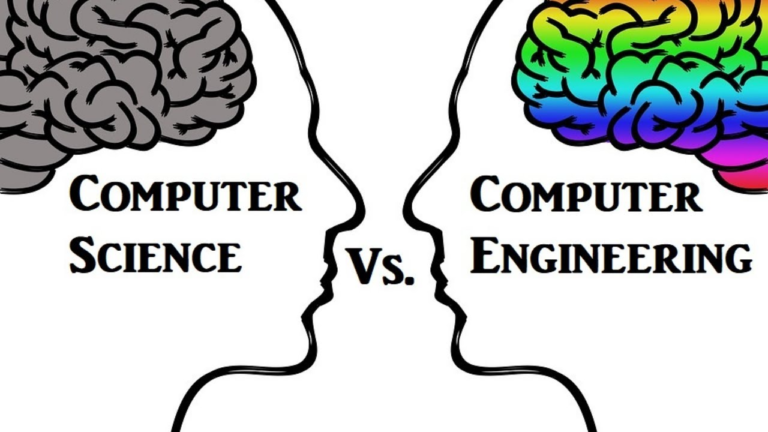If you’re considering a career in tech, you’ve probably asked yourself: computer science vs. computer engineering—what’s the difference? While both fields overlap, they have distinct focuses that can influence your career path. If you’re also looking for entry-level computer science jobs, it’s important to understand which degree will help you land the right opportunities. Let’s dive in!
Understanding Computer Science vs. Computer Engineering
At first glance, computer science (CS) and computer engineering (CE) might seem interchangeable, but they emphasize different aspects of technology:
- Computer Science (CS): Focuses on software development, algorithms, data structures, artificial intelligence, and cybersecurity. If coding and problem-solving excite you, CS might be the right fit.
- Computer Engineering (CE): Combines electrical engineering with software skills. CE deals with hardware-software integration, embedded systems, and computer architecture.
Both degrees can lead to high-paying careers, but the work environment and job roles can vary significantly. CS grads often work as software developers, data analysts, or cybersecurity specialists, while CE grads may work as hardware engineers or systems architects.
Exploring Computer Science: What You’ll Learn
If you’re interested in exploring computer science, expect to study:
- Programming languages like Python, Java, and C++
- Software development methodologies
- Databases and data structures
- Cybersecurity fundamentals
- Machine learning and artificial intelligence
With these skills, you can pursue careers in software engineering, app development, data science, and more. The flexibility of a CS degree allows you to work in various industries, from finance to healthcare to gaming.
Entry-Level Computer Science Jobs: Where to Start
Landing your first tech job can feel overwhelming, but there are plenty of entry-level computer science jobs available. Here are some common roles:
- Software Developer – Design and build applications, websites, or mobile apps.
- IT Support Specialist – Provide technical support for software and hardware issues.
- Data Analyst – Analyze and interpret data to help businesses make informed decisions.
- Cybersecurity Analyst – Protect networks and systems from cyber threats.
- Web Developer – Build and maintain websites using front-end and back-end technologies.
Many of these roles require knowledge of coding, databases, and problem-solving skills, all of which you gain while exploring computer science in college or bootcamps.
Which Path Is Right for You?
When choosing between computer science vs. computer engineering, consider your interests:
- If you enjoy software, coding, and algorithms, go for computer science.
- If you like working with hardware, circuits, and embedded systems, computer engineering is your best bet.
Both fields offer strong job prospects in the U.S., with high demand in tech hubs like Silicon Valley, Seattle, and Austin.
Final Thoughts
Whether you’re exploring computer science as a student or looking for entry-level computer science jobs, understanding the difference between computer science vs. computer engineering can help you make informed career decisions. No matter which path you choose, the tech industry is booming, and opportunities are endless!
Are you currently deciding between these fields? Let us know your thoughts in the comments!
